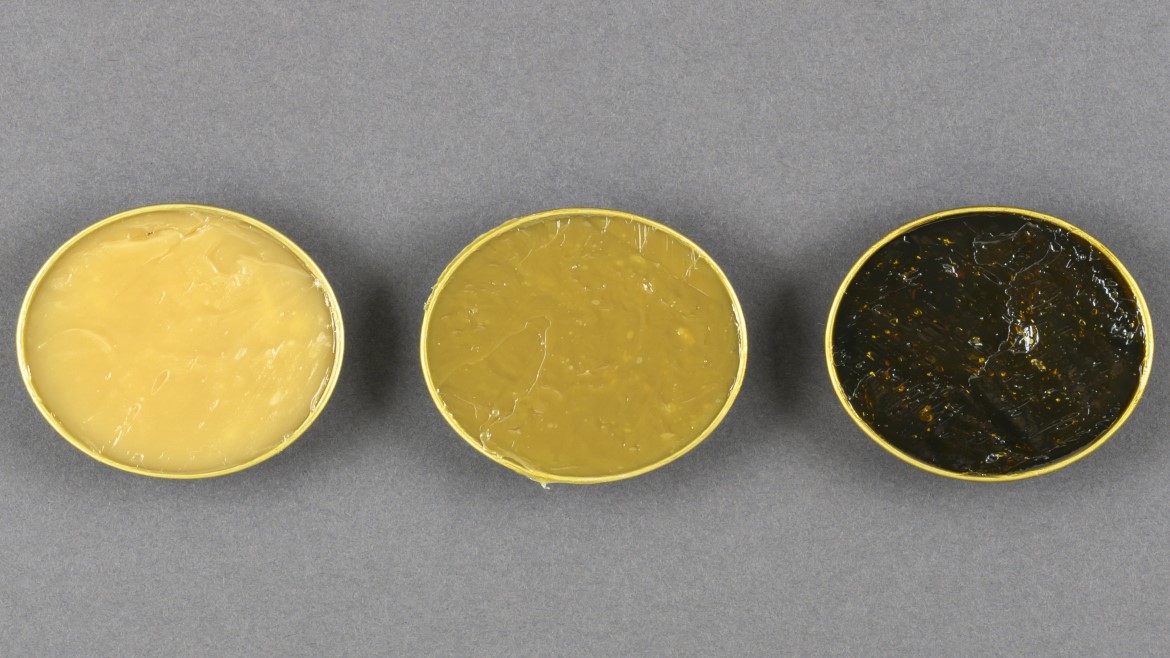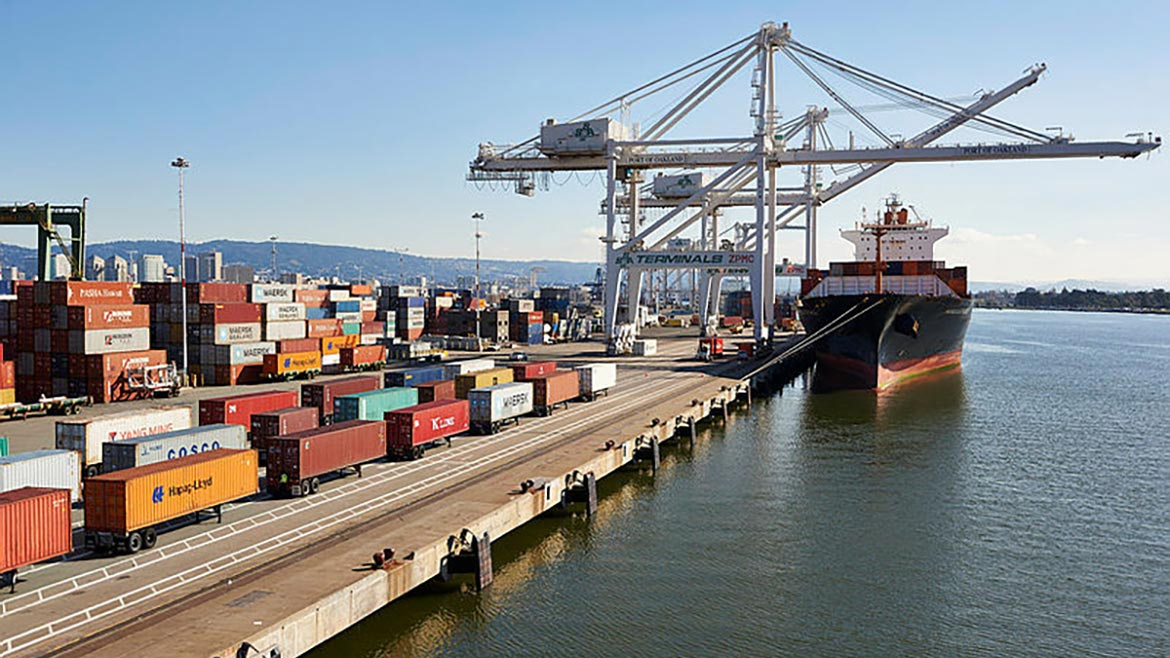Hydraulic fluids play a vital role in keeping the world moving. The demand for eco-friendly, biodegradable hydraulic fluids is growing, supporting a more sustainable, safer and cleaner future.
The importance of high-performing lubricants is well-known across the industry and hydraulic fluid is no exception. Essential in a wide range of machinery and equipment, hydraulic fluids protect crucial components from wear and corrosion, enabling hydraulic systems to provide efficient and unyielding power, often in the harshest environments.
As the largest segment in the global industrial lubricants market, hydraulic fluids are essential in the day-to-day running of equipment in a wide range of industries, including marine, construction, mining, forestry and agriculture.
Productivity and efficiency are critical to the financial success of companies within these industries, with equipment reliability being of paramount importance. Downtime is a word which no business operator wants—or can afford—to hear.
In a hydraulic system, the fluid not only has to lubricate critical areas of the hydraulic system, such as the pump, but it also has a primary role of acting as the medium for the transfer of power. It is for this reason that hydraulic systems often contain very large volumes of fluid.
In mobile equipment like a modern tractor or excavator, the hydraulic system can often contain up to 40 imperial gallons (180 liters) of fluid and a large mining shovel requires up to 200 imperial gallons (900 liters) of hydraulic fluid.
Due to the way hydraulic systems operate, large volumes of hydraulic fluid can be lost through spills and leakage. This can have a significant impact in environmentally-sensitive locations, such as forests, agricultural land, constructions sites, mining sites and both inland and offshore waters.
Increasing concerns and requirements to protect environmentally-sensitive areas have seen a rise in the demand for low environmental-impact lubricants, including biodegradable hydraulic fluids. This is driven by increased regulatory requirements as well as growing levels of social responsibility from business and landowners.
The challenge facing hydraulic fluid formulators is to enable the products to provide performance and protection to all areas of the hydraulic system in line with current specifications developed by the original equipment manufacturers (OEMs) while still meeting specific environmental performance specifications.
Research shows that the protection of internal hydraulic system components is a major concern to end users, as protection of the components ultimately leads to longer life of the equipment.
In terms of protection and performance, a biodegradable hydraulic fluid needs to demonstrate excellent performance characteristics, namely:
- Anti-wear and extreme pressure performance: helping reduce wear and protecting critical hydraulic system components
- Filterability: helping prevent filter blockage, particularly in the presence of water, reducing the need for filter changes which helps to lower maintenance costs
- Rust and corrosion protection: helping to extend critical component life
- Thermal and oxidative stability: helping reduce formation of sludge and varnish which can lead to unexpected equipment downtime
- Demulsibility performance: allowing for quick separation of water from the sump to prevent rust and poor lubrication
- Compatibility with other hydraulic fluids: biodegradable hydraulic fluids use ashless additive systems—these must not form incompatible reaction products when mixed with conventional zinc-containing fluids, which can lead to depletion of critical additive components and filter blockage, with subsequent unplanned downtime
- Low foaming: designed to reduce foaming tendencies and prevent inadequate lubrication with potential damage to pumps and valves
One major challenge in developing biodegradable hydraulic fluids is the correct use of additive technologies and base stocks that deliver the required protection and performance while conforming to carefully defined and exacting environmental specifications.
Our View
Balancing protection and performance against environmental responsibility may sound straightforward; it can, however, be one of the more significant challenges faced by lubricant manufacturers.
In our next article, we will talk more about environmental specifications, as well as highlight the need for the additive system and base stock to work in harmony to deliver high-performing low environmental-impact hydraulic fluids.
For more details on high-performing biodegradable hydraulic fluids, please contact your Lubrizol representative.









